Retro Replay Review
Gameplay
SnakeSlider’s core challenge hinges on clever sliding-block puzzles where snakes act as both obstacles and tools. You control the head or tail of each snake by clicking and dragging, shifting these colorful reptiles around a grid to clear a path for the green snake’s escape. The intuitive drag-and-drop mechanics make even complex maneuvers feel natural, but don’t be deceived—later levels demand careful planning and foresight.
(HEY YOU!! We hope you enjoy! We try not to run ads. So basically, this is a very expensive hobby running this site. Please consider joining us for updates, forums, and more. Network w/ us to make some cash or friends while retro gaming, and you can win some free retro games for posting. Okay, carry on 👍)
With 50 built-in puzzles—25 standard layouts and 25 enhanced challenges featuring apples, mushrooms, locks, keys, and crates—SnakeSlider continually raises the stakes. Eating apples lengthens your snake, opening up new movement possibilities (and potential blockages), while mushrooms shorten it, enabling tighter fits through narrow corridors. Locks and keys introduce color-coded gating puzzles, and arrow-marked crates require directional pushes, adding an extra layer of spatial reasoning.
Beyond the preset puzzles, SnakeSlider offers a robust level editor and a community hub for downloading new challenges, effectively granting endless replayability. Beginners can breeze through early boards, learning how to juggle snake lengths and crate positions, while veterans hunt down expert-level designs that test the limits of the game’s mechanics. The satisfaction of cracking a fiendishly difficult puzzle keeps players hooked long after the green snake has fled the board.
Graphics
Graphically, SnakeSlider embraces a clean, minimalist aesthetic that prioritizes clarity over flash. The playfield is rendered in bright, contrasting colors—vibrant greens for the hero snake and sunny yellows for its blockers—so you always know which pieces demand your attention. Subtle shading and smooth animations lend each slide a sense of weight, making the snakes feel like living creatures rather than static blocks.
While there are no photorealistic textures or particle effects, the simple visual style is a strength: it keeps the focus squarely on puzzle solving. Apples and mushrooms pop with jewel-like saturation, and locks gleam just enough to signal their importance without cluttering the screen. Even the directional arrows on crates are rendered crisply, ensuring you never push in the wrong direction by accident.
The interface elements—buttons, menus, and the level editor—follow the same streamlined design language. Icons are intuitive, fonts are legible, and the overall layout is responsive, whether you’re on a large desktop monitor or a modest laptop. This consistency makes navigating between puzzles and tinkering in the editor a breeze, further reinforcing the game’s welcoming vibe.
Story
SnakeSlider doesn’t offer an epic narrative or branching dialogue trees—instead, it tells a simple yet charming tale of a green snake desperate to reach freedom. Each puzzle is a miniature storyline: the hero snake finds itself trapped behind a writhing wall of yellow serpents, crates, and locks, and it’s up to you to engineer its great escape. This minimalist storytelling keeps the focus tight while still providing a clear motivation.
The episodic nature of puzzles acts as chapters in the snake’s journey, with each level’s increasing difficulty reflecting the growing complexity of obstacles. By sprinkling in narrative cues—like the satisfaction when a lock snaps open or the tension when a crate teeters on the edge—you feel invested in the snake’s plight. Though there’s no voice acting or cutscenes, the game’s simple premise resonates with anyone who enjoys a clear goal and a gratifying payoff.
Optional extra puzzles and user-created levels sometimes introduce thematic twists—such as mazes that resemble snake pits or playgrounds dotted with oversized mushrooms—adding flavor to the overarching escape narrative. While the story remains abstract, these visual and mechanical flourishes help each board feel like a new chapter, ensuring that progression never feels repetitive.
Overall Experience
SnakeSlider delivers a finely tuned puzzle experience that balances accessibility with depth. The straightforward controls and tutorial-style early levels welcome newcomers, while the layered gameplay elements—snake growth, directional crates, colored locks—provide room for strategic mastery. Whether you’re carving out a quick half-hour session or settling in for a marathon puzzle spree, the game adapts to your pace.
The combination of a built-in puzzle library and a level editor creates a vibrant ecosystem. Players can tackle the developer’s handcrafted challenges, then dive into community creations that range from clever brainteasers to elaborate trap courses. This generosity of content means SnakeSlider rarely feels exhausted, even after dozens of hours of play.
Ultimately, SnakeSlider shines as a thinker’s delight: it’s easy to learn, endlessly customizable, and visually crisp, with a tiny narrative hook that keeps each slide meaningful. If you’ve ever enjoyed sliding-block puzzles or crave a game that rewards both patience and ingenuity, this title is a perfect fit. It may not have a sprawling storyline or blockbuster graphics, but it more than makes up for that with smart design and lasting appeal.
 Retro Replay Retro Replay gaming reviews, news, emulation, geek stuff and more!
Retro Replay Retro Replay gaming reviews, news, emulation, geek stuff and more!
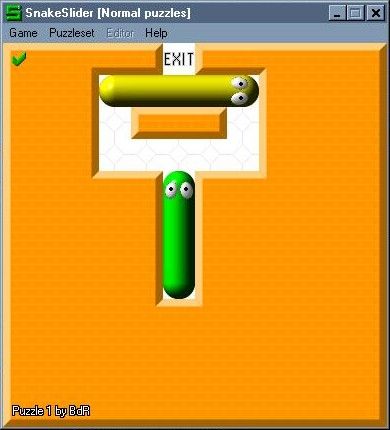
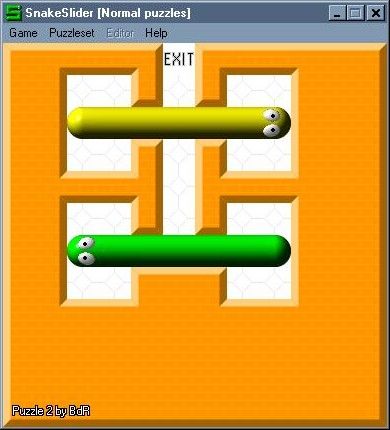
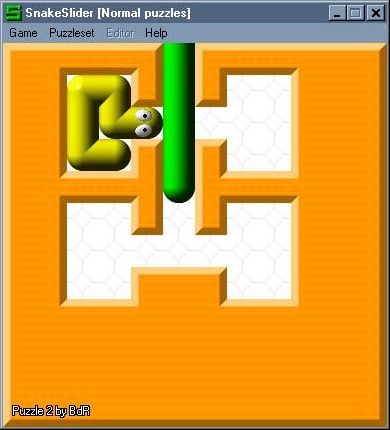

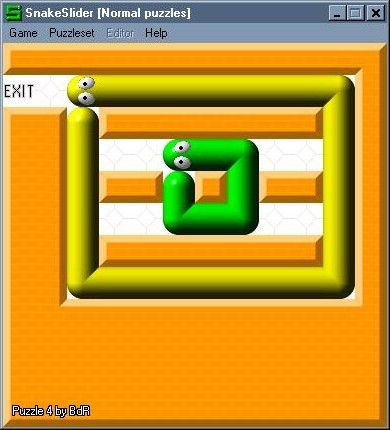
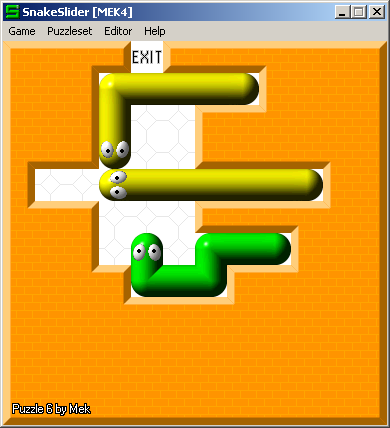


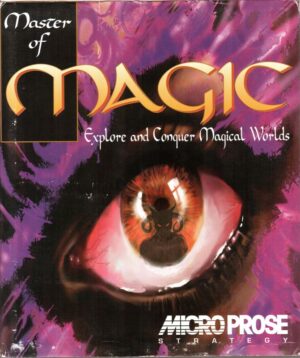
Reviews
There are no reviews yet.